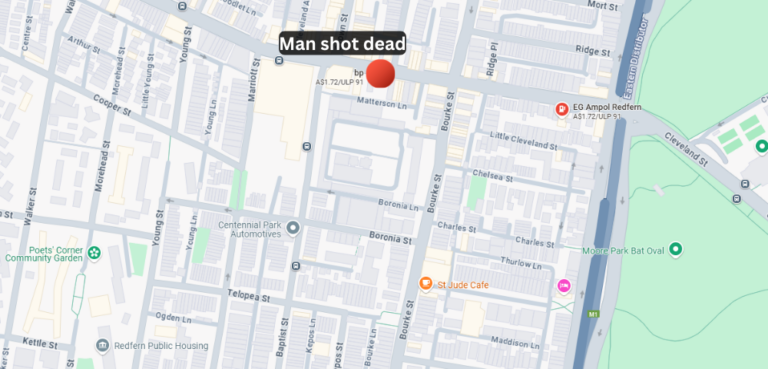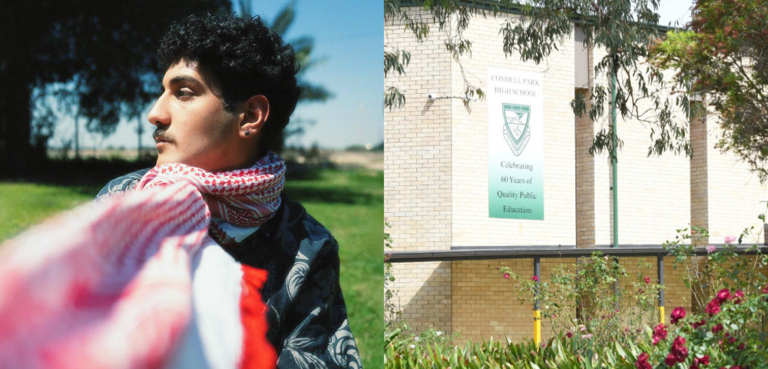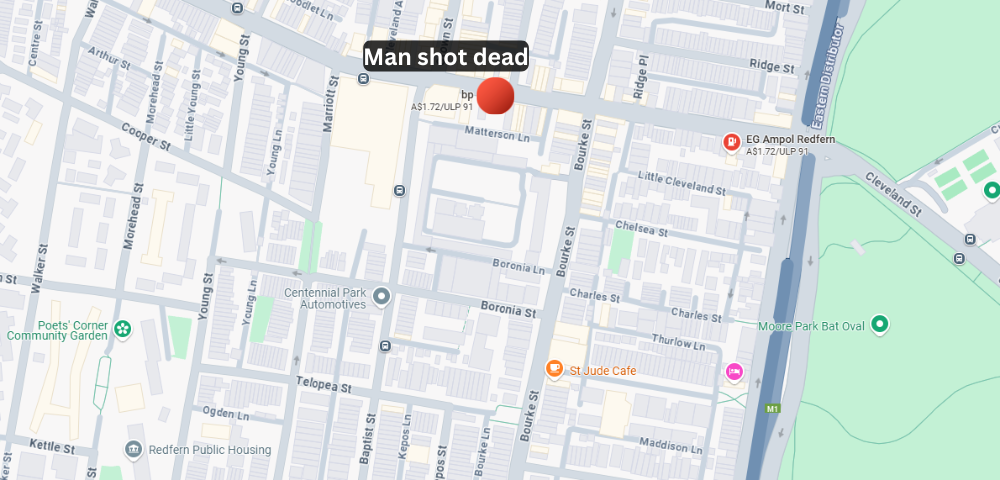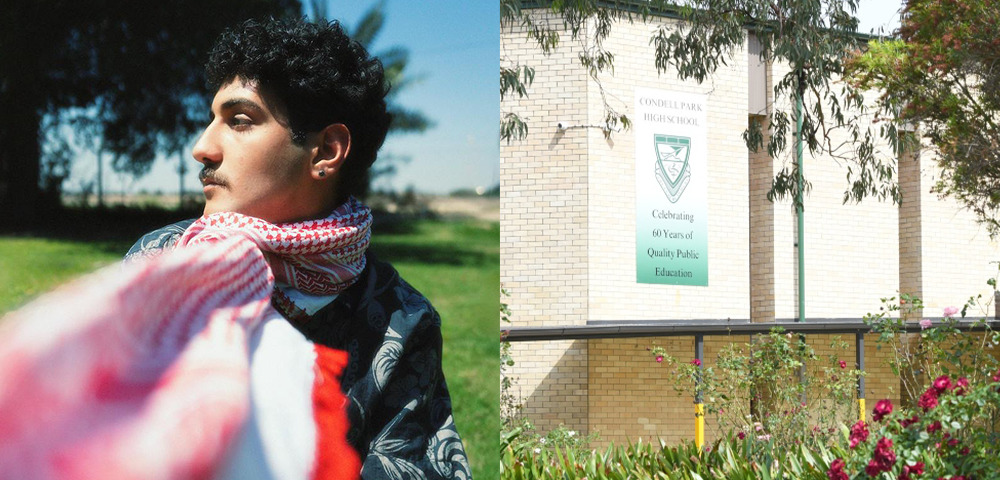
Greenwich calls for investigation into gay beat deaths

State Member for Sydney Alex Greenwich has called for an inquiry into the way NSW Police handled the deaths of dozens of gay men in Sydney in the 1980s and ’90s, asking the State Ombudsman to determine whether police investigated the incidents properly.
In a letter to NSW Ombudsman Bruce Barbour, obtained by City News, Mr Greenwich called on Mr Barbour to commence an official investigation into the suspicious deaths of more than 50 men at gay ‘beats’ over the two decades.
Mr Greenwich’s call comes on the back of widespread publicity about the case of Scott Johnson, a US national who was found dead at North Head, Manly on December 10, 1988.
Mr Johnson’s death was determined by police at the time to be a suicide, however his family and US private investigator/journalist Dan Glick believe he was the victim of a gay hate murder.
While Mr Johnson’s case has received the lion’s share of publicity – with his wealthy family pursuing the case, and police last month offering a $100,000 reward for information about his death – it was just one of many suspicious deaths, said Mr Greenwich.
“Lesbian and gay community members continue to contact me about the past investigation and a number of deaths,” wrote Mr Greenwich.
“A recent column in The Sydney Morning Herald identified more than 50 other suspicious deaths during this period that could also have been gay hate crimes but were not identified as such.”
Gay activists have previously claimed NSW Police routinely classified deaths at gay beats as suicides, death by misadventure or “unsolved” despite evidence that many were actually gay hate crimes.
Mr Greenwich said while there had been significant improvements in the way police investigated hate crimes, “these deaths remain ‘unfinished business’ and some community members have called for a Royal Commission to review … the police response.”
A spokesperson for Mr Barbour said: “I can confirm we have received correspondence from Mr Greenwich in relation to this issue, and that our office is currently considering it.
“The secrecy provisions of the Ombudsman Act 1974 prevent the office from commenting further and as such the Ombudsman has no further comment.”









